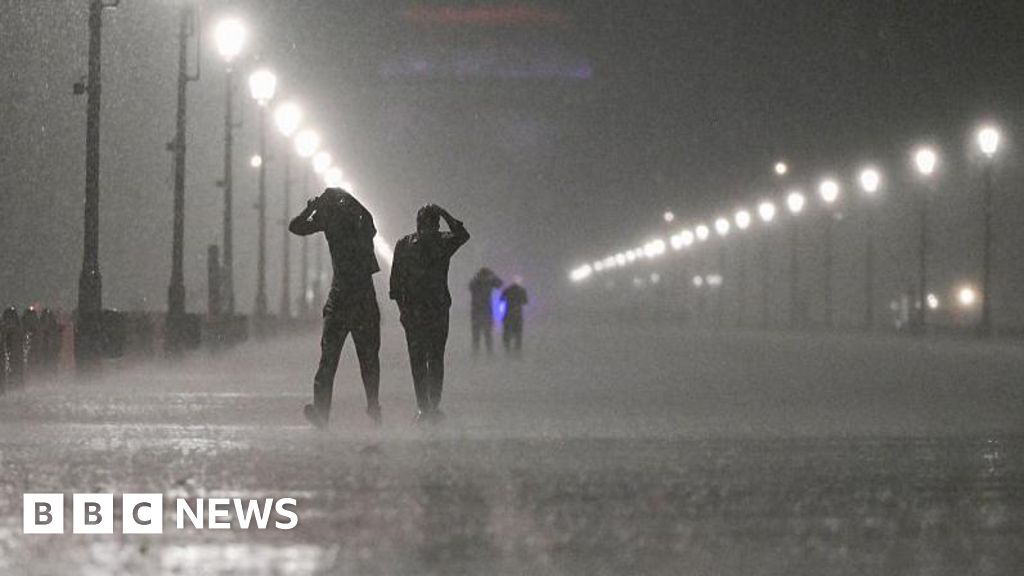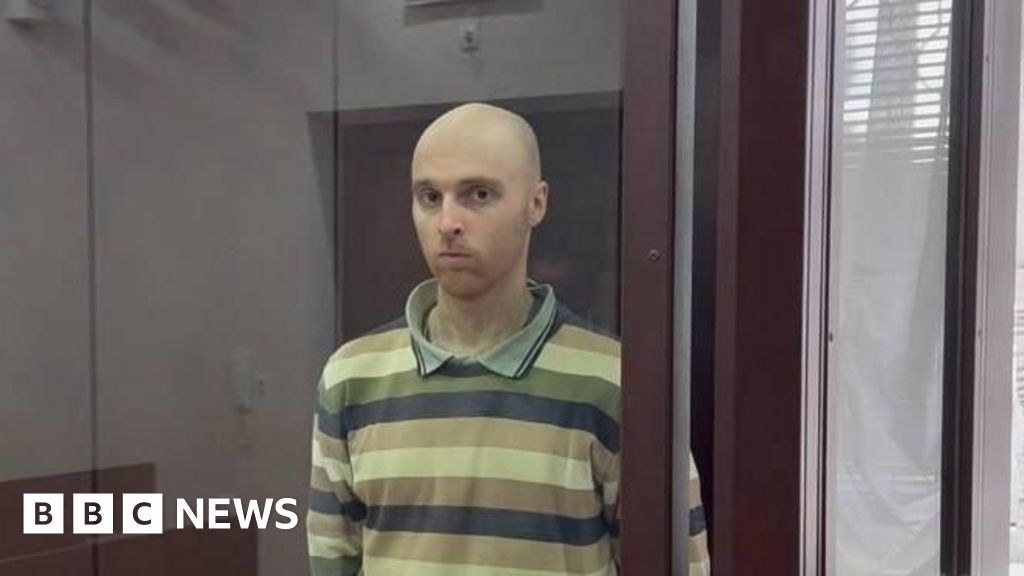- Politics
Companies are filling the gap left by the NHS in bid to keep staff at work
时间:2010-12-5 17:23:32 作者:Investigations 来源:Style 查看: 评论:0内容摘要:"They suffer broken necks and legs, broken wings, the loss of their eyes, and the weapons used in these attacks are easily accessible to anyone."They suffer broken necks and legs, broken wings, the loss of their eyes, and the weapons used in these attacks are easily accessible to anyone.
Coping with her daughter's condition is lonely, Laura said."I have no-one close I can talk to and understand what we're going through," she said.

"Other parents live far away and I occasionally contact some mums on social media."Batten Disease Family Association chief executive, Liz Brownnutt, said the organisation supported 117 children and young adults with Batten disease in the UK, four in Wales.Laura is grateful for her family's help and the community's support.

But it was, she said, "so upsetting".A village cricket club has thanked volunteers for getting its season underway with push-mowers and manual tools, because the ground was too wet for drive-on mowers.

Hodnet and Peplow Cricket Club, based in north Shropshire, is among many which have struggled with a wet start to the season.
But teams of supporters, some with their children in tow, mowed by hand, and raked and treated the field to get it ready.Amanda Rowe, IOPC director, said: "This was a disturbing incident in broad daylight in a residential area and it is appropriate that we examine police actions in responding to the events.
"We send our sympathies to those who were injured and everyone affected by what happened," she said."We will keep all relevant parties updated as our enquiries progress."
A new species of dinosaur unearthed on the Isle of Wight has been named in honour of the man who found it, following his death.The 125 million-year-old specimen was found in Compton Bay on the Isle of Wight in 2013 by fossil hunter Nick Chase, who died of cancer in 2019.
- 最近更新
- 2025-07-07 05:30:22Could AI help elderly people and refugees reconstruct unrecorded pasts?
- 2025-07-07 05:30:22What is Israel’s new major ground offensive, Operation Gideon’s Chariots?
- 2025-07-07 05:30:22Merz: Israeli army’s actions no longer justifiable in fight against Hamas
- 2025-07-07 05:30:22‘Attack on country’s soul’: Indian MPs target Pakistan on global trips
- 2025-07-07 05:30:22Divided Israel faces internal unrest amid escalating Gaza conflict
- 2025-07-07 05:30:22US investment Firm RedBird to buy UK’s Daily Telegraph newspaper
- 2025-07-07 05:30:22From students to tech: How US-China ties are sliding despite tariff truce
- 2025-07-07 05:30:22King Charles III warns, yet assures, as he opens Canadian parliament
- 热门排行
- 2025-07-07 05:30:22AOLEarly Walmart Deals to shop this weekend
- 2025-07-07 05:30:22Kylian Mbappe wins European Golden Shoe award for first time
- 2025-07-07 05:30:22Thinking of downsizing? Here how to tap your equity to make it happen (and cut costs)
- 2025-07-07 05:30:22From students to tech: How US-China ties are sliding despite tariff truce
- 2025-07-07 05:30:22cruise ship's scheduled arrival time
- 2025-07-07 05:30:22US Supreme Court rejects Native American case against large copper mine
- 2025-07-07 05:30:22How the Fed rate affects your savings accounts
- 2025-07-07 05:30:22‘Delaying extinction’: The last-ditch race to save the Orinoco crocodile
- 友情链接
- Strings attached: a Q&A with Wimbledon’s premier tennis racket shop The Israel-Hamas war in maps and charts US lawmakers step up antitrust probe into Ivy League university pricing India seeks to seal interim trade deal with US this week Latin America’s top economies in talks to build on existing agreement A week of central bank communication horror shows Thirty-nine MPs back new amendment designed to kill bill ahead of Tuesday vote French carmaker changes way it accounts for share in struggling Japanese partner Data centre group says business from unnamed new client will start to generate revenue by 2028 Party can only afford to lose 3 votes to secure simple majority, with all Democrats opposed Landmark legislation to extend tax cuts and reduce spending on healthcare now returns to the House When top executives work remotely, it becomes more difficult to drag everyone else to their desks Sean Combs trial update: The jury is deliberating over a complex set of charges Can I make flying more enjoyable? Mexico and Brazil seek deeper trade ties to expand beyond US and China The fall in the dollar is not scary How Gen X mentors help Gen Z staff to thrive The WNBA is expanding again, adding 3 new cities for a record 18 teams Man arrested for ‘spying’ for Iran before possible attacks in Germany The Israel-Hamas war in maps and charts The fall in the dollar is not scary Iran ‘needs more time’ to decide on resuming nuclear talks with US UK visa revamp allows lower-skilled office workers to come to Britain The fall in the dollar is not scary Sign up for Swamp Notes, our newsletter on the intersection of money and power in US politics Trump’s fiscal policy and Fed attacks imperil US haven status, say economists Without more military aid, Kyiv’s situation on the battlefield could deteriorate rapidly Tips from the top: an arty Saturday in Lagos with author and publisher Toni Kan India seeks to seal interim trade deal with US this week Mexico and Brazil seek deeper trade ties to expand beyond US and China
